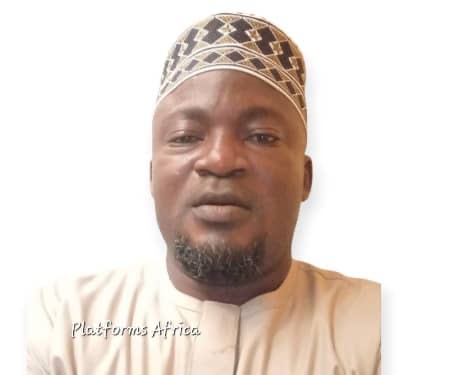In Nigeria, corruption is often viewed through the narrow lens of high-level financial misappropriation – how much a politician or top government official has looted. Media headlines and public discourse tend to spotlight only these elite offenders, reinforcing the belief that corruption exists only at the top.
Indeed, the revelations that emerged during the tenure of Mallam Nuhu Ribadu (now National Security Adviser) as Chairman of the Economic and Financial Crimes Commission (EFCC) uncovered staggering levels of theft among the political class. The extensive coverage that followed only cemented our limited perception of corruption as a high-society affair.
But a closer look at daily life reveals that the most pervasive forms of corruption occur not in high offices but in our communities, homes, and places of worship. The micro level, often ignored, may in fact be more corrosive.
READ ALSO:
Senate Panel Gives NNPCL Three Weeks To Explain N210trn Audit Queries
Dangote Refinery Withdraws ₦100bn Lawsuit Against NNPCL, NMDPRA, Others
Nigeria Nurses Shun Govt Talks, Begin Strike
Lagos Hospitals To Be Grounded As Doctors Declare 3-Day Strike
Emir Sanusi Calls For Stiffer Punishment For Men Who Beat Their Wives
Let’s assume, for the sake of argument, that corruption is solely about money. Even then, our everyday practices are riddled with misconduct. A community development chairman who embezzles funds with the help of his executive members is no different in principle from a corrupt governor. Yet he may be the loudest critic of those in public office. Likewise, the head of an extended family who diverts shared assets for personal gain is just as culpable.
We’ve seen associations, cooperative societies, and thrift groups collapse due to financial impropriety. Leaders misappropriate funds, members default on payments, and crises ensue. Engineers inflate invoices for parts, diesel suppliers shortchange clients, and all parties benefit – at the organization’s expense.
Even religious institutions and student unions are not exempt. Sadly, the corruption that thrives at this level is what many carry with them into positions of power.
But corruption goes beyond financial theft. It extends into our moral fabric. A person who lacks virtues is, by this broader definition, corrupt. A society that glorifies indecency and ridicules integrity is already adrift.
Parents now purchase exam answers for their children. Mothers encourage indecent dressing. Politicians and business moguls prey on young girls in universities, while some older women keep young men for similar indulgences.
Market vendors shortchange customers. Aspiring councillors and local government chairmen see public office as a chance to “eat from the national cake.” Passengers hope conductors forget their fares; conductors pray passengers forget their change. Gambling and alcoholism are no longer taboos – they’re now the norm.
When we lose dignity, compassion, and accountability, we become participants in a system of corruption that transcends money. The results are evident: insecurity, hardship, and a decaying national character.
Until we address both financial and moral corruption, not just among the elite but at all levels of society, progress will remain elusive. If leaders and followers alike reject corrupt practices and uphold virtue, then, and only then, can we hope for national renewal – and divine mercy.
Alamutu writes in from LAGOS





